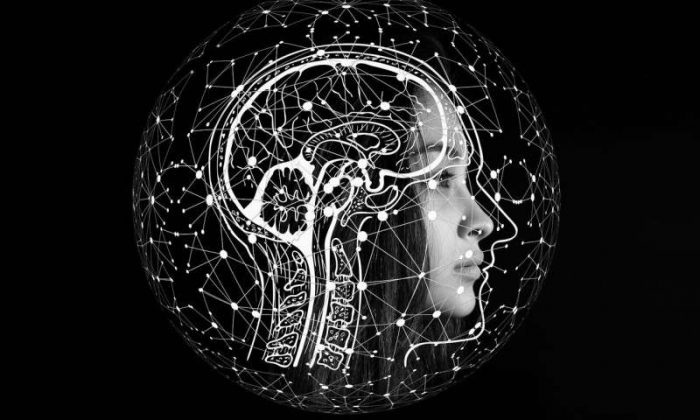
Artificial intelligence has the potential to improve efficiencies and precision in sleep medicine, resulting in more patient-centered care and better outcomes, according to a new position statement from the American Academy of Sleep Medicine.
Because of the vast amounts of data collected by sleep centers, AI and machine learning could advance sleep care, resulting in more accurate diagnoses, prediction of disease and treatment prognosis, characterization of disease subtypes, precision in sleep scoring, and optimization and personalization of sleep treatments.
“When we typically think of AI in sleep medicine, the obvious use case is for the scoring of sleep and associated events,” said lead author and committee chair Cathy Goldstein, associate professor of sleep medicine and neurology at the U-M Medical School. “This would streamline the processes of sleep laboratories and free up sleep technologist time for direct patient care.”
